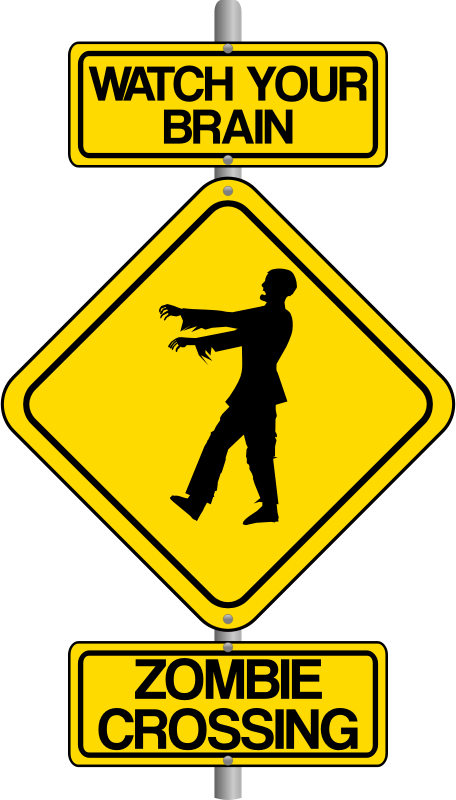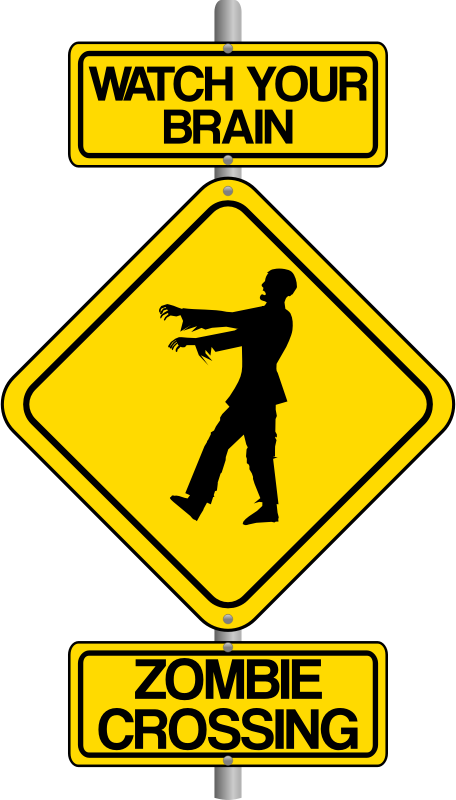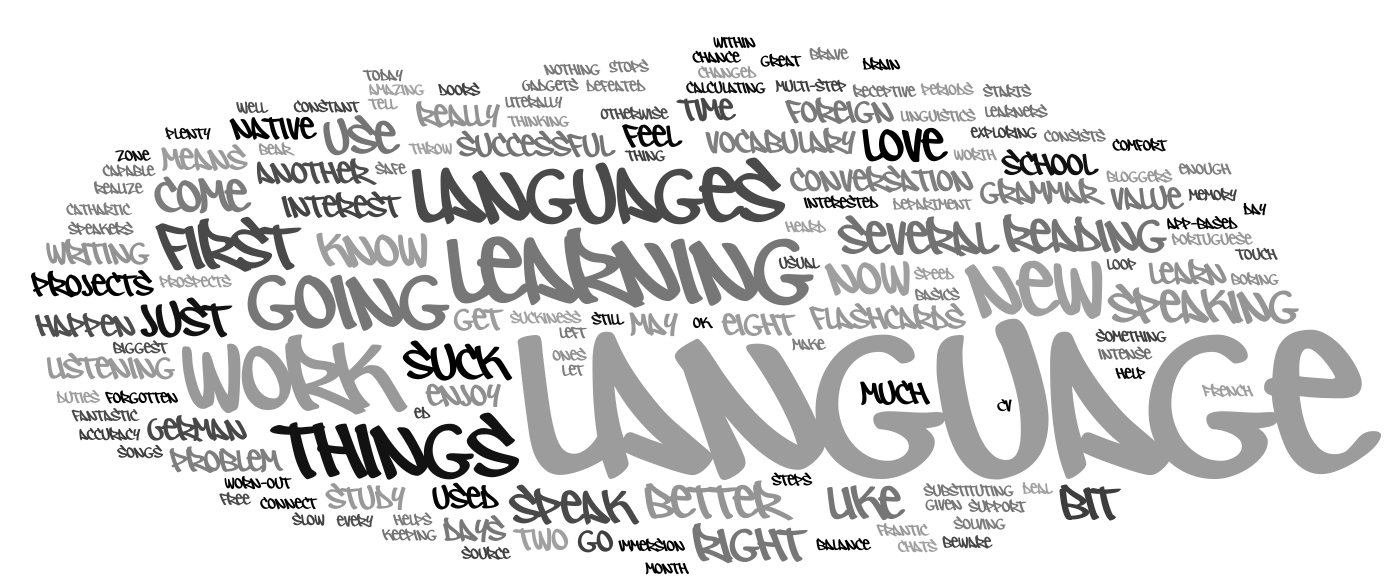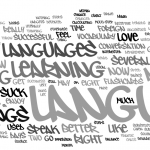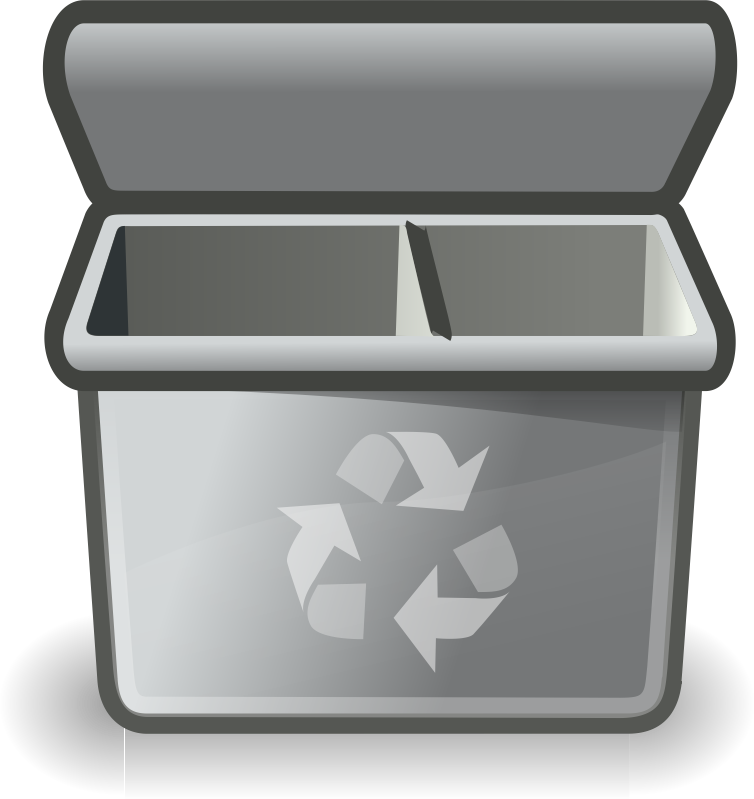
Treat this list as a menu. Pick and choose the things that would work well with what’s going on in your life. Don’t overdose on giving up – it’s better to pick one or two things and stick to them beyond the initial trial period than to give up all ten for 5-6 days and then revert to the status quo.
And, as always, get in touch if you’ve got something to add to the list.
1. Smoking. I don’t usually do medical advice (check your doctor for that), but I will say this: if you’re still to make this change, you should start with this one. The difference it’s made to my health, budget and well-being is immense. You don’t need a doctor to tell you this: giving up smoking is the best thing you can do.
2. Complaining. How about some constructive conversations? For 40 days, commit to a no-whinge policy. If something bothers you, have a moan – but later say clearly what you’re going to do about it. So “I just hate the Tube in the morning” may turn into “I just hate the Tube in the morning, so I’m switching to cycling now that the weather’s a bit warmer.” And don’t fall for commiserative complaining either – refuse to talk, or steer the chat towards results.
3. Facebook. I’ve got a big story about this coming up, so I won’t go into detail just yet. Here’s the gist of it: for 40 days, use Facebook to make you happier. I can waste 60 minutes jealously spying on my colleagues’ vacation photos, or I can take 5 minutes to see if I can meet an old friend instead. If you’re on Facebook, you know what I mean.
4. Added sugar. Listen to Robert H Lustig. Read this article. Then read the labels on every food you’ve got. How much sugar is there? Why did it take me 10 minutes in a supermarket yesterday to find still water without 3 spoons of sugar in it? I’m currently around people who gave up added sugar and have been at it for over 40 days. They say they never felt better.
5. Porn. Listen to Ran Gavrieli. There’s no diplomatic way of phrasing this, so here goes: too much bad porn can mess up the way you see people. And a porn detox may make you enjoy yourself – and others – a lot more. I’ll just leave it here as a suggestion.
6. News. This one popped into my head yesterday, just after a news reader on the radio wasted 4 minutes of my life: there is absolutely no need for more news in my life. Much like sugar (see above), the information just keeps getting added to everything I consume online. What would happen if you gave up on TV and radio news for a month? Or stopped reading the papers? See for yourself. My guess is: a clearer mind and a better mood.
7. Meetings. Listen to Jason Fried. Read up on Susan Cain. Pump up your email skills. Get that telephone mojo back. Arrange for things to be discussed one-to-one, or via other channels. Cancel all the meetings. If your boss is having none of that, just cancel one meeting a week and see the change it makes – or clear your agenda for one day and see if this improves things. Then come back to them with the evidence that will let you cut back on meetings even more.
8. Austerity. You know what? January is the worst time for resolutions and changing lifestyles, at least on the northern hemisphere. It’s cold and dark and you’re poor. Now you’re in February and wondering whether to make more cuts to your budget, and trim your fun agenda even more. You’re told to watch out, to save up, to focus on the serious work that matters. Well, there’s focus and there’s being miserable. There’s the decision to cut back on sugar (good) and the mindset that tells you that “these are hard times” or “if it feels good, stop.” So this is the point where I tell you: not necessarily. Give up austerity for a while. Read Tara Stiles, if only for this one idea: you make the rules.
9. Multi-tasking. Mainly because it doesn’t work. There is no such thing for human beings. Computers can do it; we can’t. Sorry. If you’re reading this and you’re not a computer, consider giving up the juggling of tasks and try to focus on one thing. One task per hour. One assignment per day. One thing at a time. This may be the hardest thing on this list: once you’re committed, though, I think you will understand the value of such focus. Read up on Leo Babauta’s approach here. And Susan Cain again.
10. Being safe. Read Seth Godin. Figure out what’s going on outside your comfort zone. Try to see the dangers of playing it safe in your current situation – or the benefits of making a daring move. For a few days, try to do one thing daily – at work, when meeting someone, online – that scares you. It doesn’t need to be part of a plan or an agenda – the point is to become a bit more open to the thrill, the uncertainty, the voice that tells you to get out. There is a good place for being safe, don’t get me wrong. There’s need for comfort and safety which just can’t be taken away. But in creative work, in working on new things or making new connections, safe rarely gets you new results. Is it worth tinkering with your “safe” for that reason?



